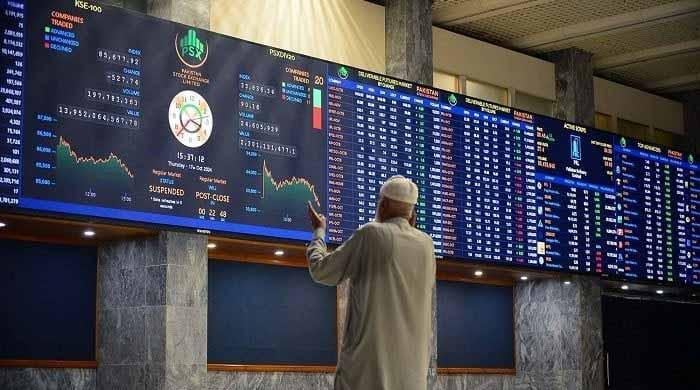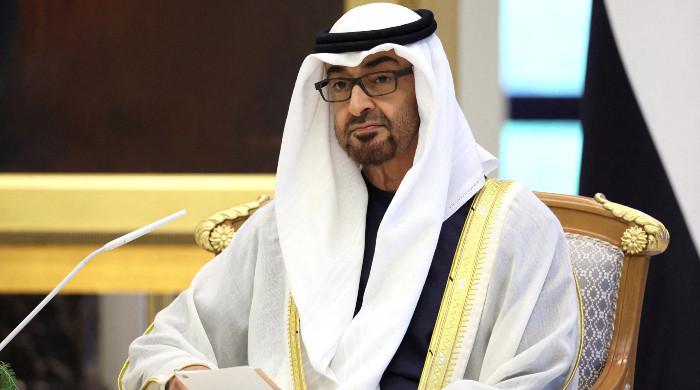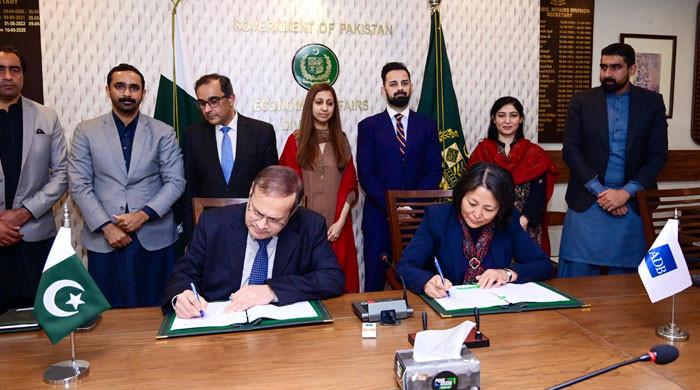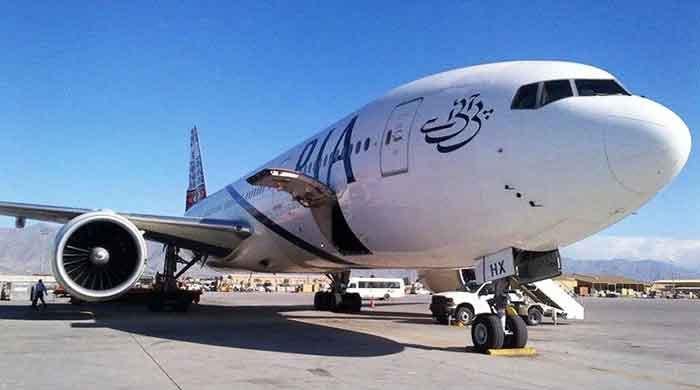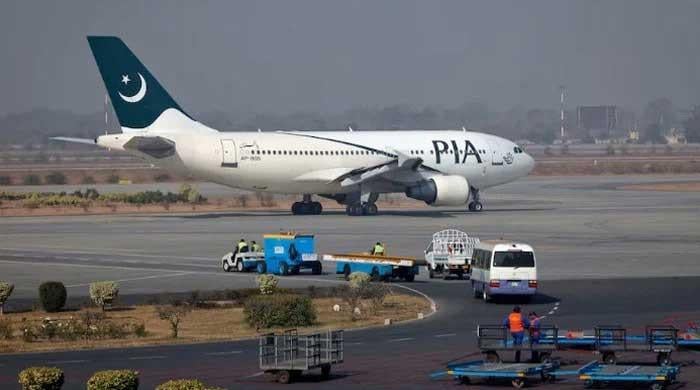‘Charter of Economy’ only way forward to achieve prosperity: PM Shehbaz
"A more balanced budget that levies no new tax could not have been possible within the existing constraints"
June 10, 2023
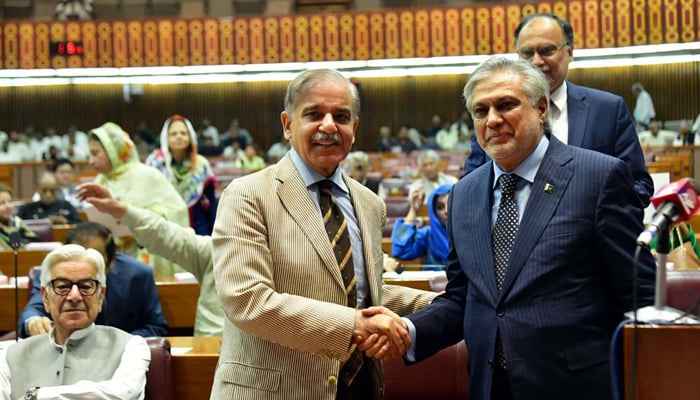
- "Economy direly needs reforms," Premier Shehbaz Sharif says.
- PM Shehbaz says budget will fix "economy's long-term ailments".
- He commends everyone involved in "budget-making exercise."
After the government presented an election year budget, Prime Minister Shehbaz Sharif Saturday pushed for the "Charter of Economy" to take Pakistan towards prosperity.
"The economy direly needs reforms, which, in turn, can be undertaken in a stable political environment, for economic development is intrinsically linked to political stability. It is here that the Charter of Economy appears to be the only way forward for our political parties to achieve prosperity for our people," the premier wrote in his tweet.
PM Shehbaz, in his tweet, also wrote about the preparations behind the budget as "difficult" owing to the "persistent challenges" arising in the wake of floods and relevant relief and rehabilitation work, as well as global supply chain disruptions and geostrategic upheavals.
The prime minister slammed Pakistan Tehreek-e-Insaf (PTI) Chairman Imran Khan for causing political stability in the country, adversely impacting its economy, and triggering uncertainty for more than a year.
"Never-ending headwinds of political instability created by Imran Niazi damaged the economy and created uncertainty, as the country remained on the boil for well over a year," he mentioned.
The prime minister further mentioned that the latest budget represents the beginning of the process to "fix the economy's long-term ailments," further emphasising the coalition government priorities.
"The coalition government has prioritised the right areas that have the potential to spur economic growth, attract investment and make the economy self-sufficient," he wrote in his tweet.
The premier said he is mindful of inflation's impact. He highlighted that the government had provided relief to public sector employees and pensioners with a pay raise of up to 35% and 17.5%, respectively, and increased the minimum wage to Rs32,000.
"A more balanced budget that levies no new tax could not have been possible within the existing constraints. I commend all those who remained part of this exercise and played their role in this budget-making exercise," the premier said.
A day earlier, Minister for Finance and Revenue Ishaq Dar presented a Rs14.46 trillion budget for the next fiscal year, avoiding rolling out new taxes and targeting economic growth of 3.5% as the cash-strapped nation seeks to unlock the International Monetary Fund's (IMF) bailout money.
Pakistan’s economy has been stricken by a balance-of-payments crisis as it attempts to service crippling external debt, while months of political chaos have scared off potential foreign investment.
Inflation has rocketed, the rupee has plummeted and the country can no longer afford imports, causing a severe decline in industrial output.
About 950 billion rupees was earmarked for vote-winning development projects ahead of a general election later this year, while other populist measures include civil service pay rises of up to 3%, and a 17.5% increase for state pensions.




